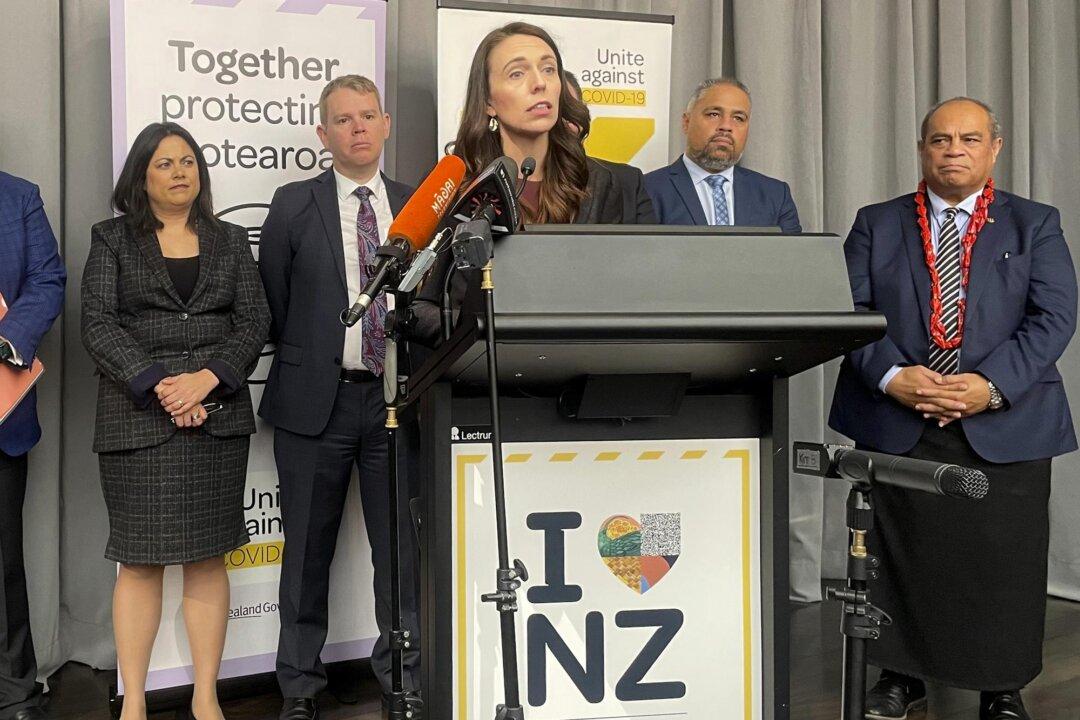New Zealand Prime Minister Jacinda Ardern announced on Thursday that the border will remain shut for international travelers for the rest of the year, adding that she hopes for a cautious reopening in a phased manner starting after the New Year.
“We’re not in a position to fully reopen just yet,” Ardern said as she outlined new COVID-19 border measures. “When we move we will be careful and deliberate because we want to move with confidence and with as much certainty as is possible.”





